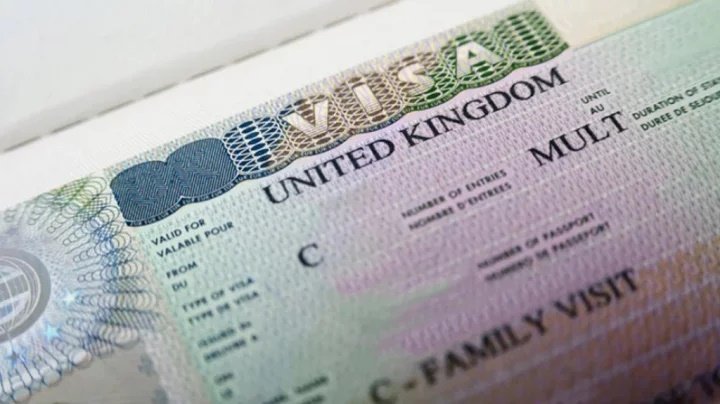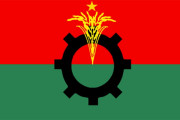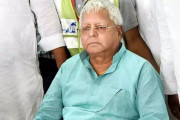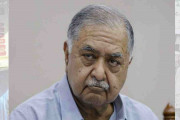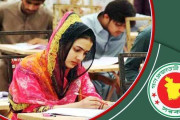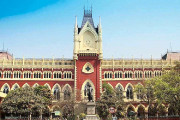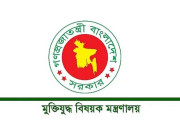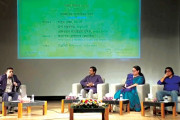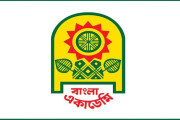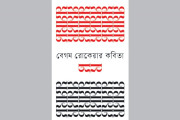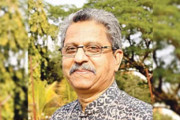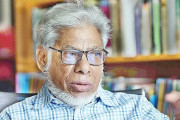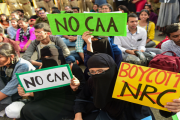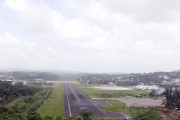– New minimum yearly income requirement will be £38,700
– Not many earn more than £25,000 in the migrant Bangladeshi community
Community News Desk: The UK government’s decision to more than double the minimum yearly income requirement for bringing spouses from outside the country, including Bangladesh, to £38,700 (Tk53,46,000) has sparked outrage and despair within the Bangladeshi community.
The new rule, effective from 2024, is more than double the current amount of £18,600, a figure far exceeding the average income of many Bangladeshi families in Britain.
Community leaders and legal experts warn that this will have devastating consequences for thousands of families, effectively tearing loved ones apart.
A Partner Visa UK, also known as a UK Spouse Visa, is a settlement visa that allows one to live together with his or her partner in the UK. It is one of the visas under the Family visa category.
The new earning limit will apply to applicants bringing spouses from the EU and any other country outside the UK. If there are children, additional terms may be added to each child above the age limit as the current rules also have conditions of increased income limit for each child.
The average income of Bangladeshis as a minority community in Britain is much lower than that of British people, which was revealed in various recent surveys. Very few people earn more than £25,000 in the migrant Bangladeshi community.
The impact is particularly harsh on young couples who married outside the UK, especially those originating from Bangladesh. With limited job opportunities and lower average incomes, many Bangladeshi families simply cannot meet the new financial threshold.
This leaves them in a state of limbo, unable to bring their spouses and start a life together in Britain.
Abul Kalam, hailing from Moulvibazar and who recently married, expressed his frustration. He fears the new rule will disproportionately affect Bangladeshi women, creating a discriminatory barrier to family reunification.
He said: “It would be logical to increase the current threshold to £25,000.”
Community leader Nazim Ahmad Chowdhury said: “Mainly those who grew up in different countries, including Bangladesh, tend to marry in their respective countries. Those who grow up outside Britain do not have the opportunity to study in Britain. As a result, there are almost no jobs that can earn them £38,000.”
He also highlighted the additional burden placed on families with children. The increased income requirement becomes even steeper with multiple children, going up to nearly £50,000 for a family with two children. This makes it virtually impossible for many Bangladeshis to comply.
Mohammed Islam, councilor at London’s Croydon Council, condemned the new rule as a violation of human rights. He pointed out that even fresh graduate doctors, with annual salaries of around £24,000-25,000, fall short of the new minimum.
This, coupled with the rising cost of living, creates an insurmountable hurdle for ordinary people, he added.
He also said that if this law is challenged, the court will understand the reality of the matter. With the election ahead, the Conservative government is imposing these new conditions in the hope of retaining the British vote bank.
Eminent lawyers of the Bangladeshi community, Barrister Iqbal Hossain and Barrister Shubhagat Dey, said that it is impossible even for many people born and raised in Britain to meet this minimum earning limit. “We hope the matter will be reviewed.”




